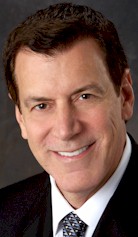

Mergers. Acquisitions. Employee attrition. These terms are becoming more and more commonplace in the hospitality industry, and they all translate to big changes. The brand message your customers receive sets the tone for your property's ongoing success, and dictates not only whether or not they will come back, but what they'll say about your property to others. One bad experience or one encounter that fails to deliver what was promised or expected means they'll potentially attach a negative perception to your property and, most likely, share that perception. Unfortunately, you can't blame the hiccup on your period of change. Once that impression is made, there is little you can do to change the customer's opinion. So how do you prepare when it comes to managing your brand during times of change? READ MORE









